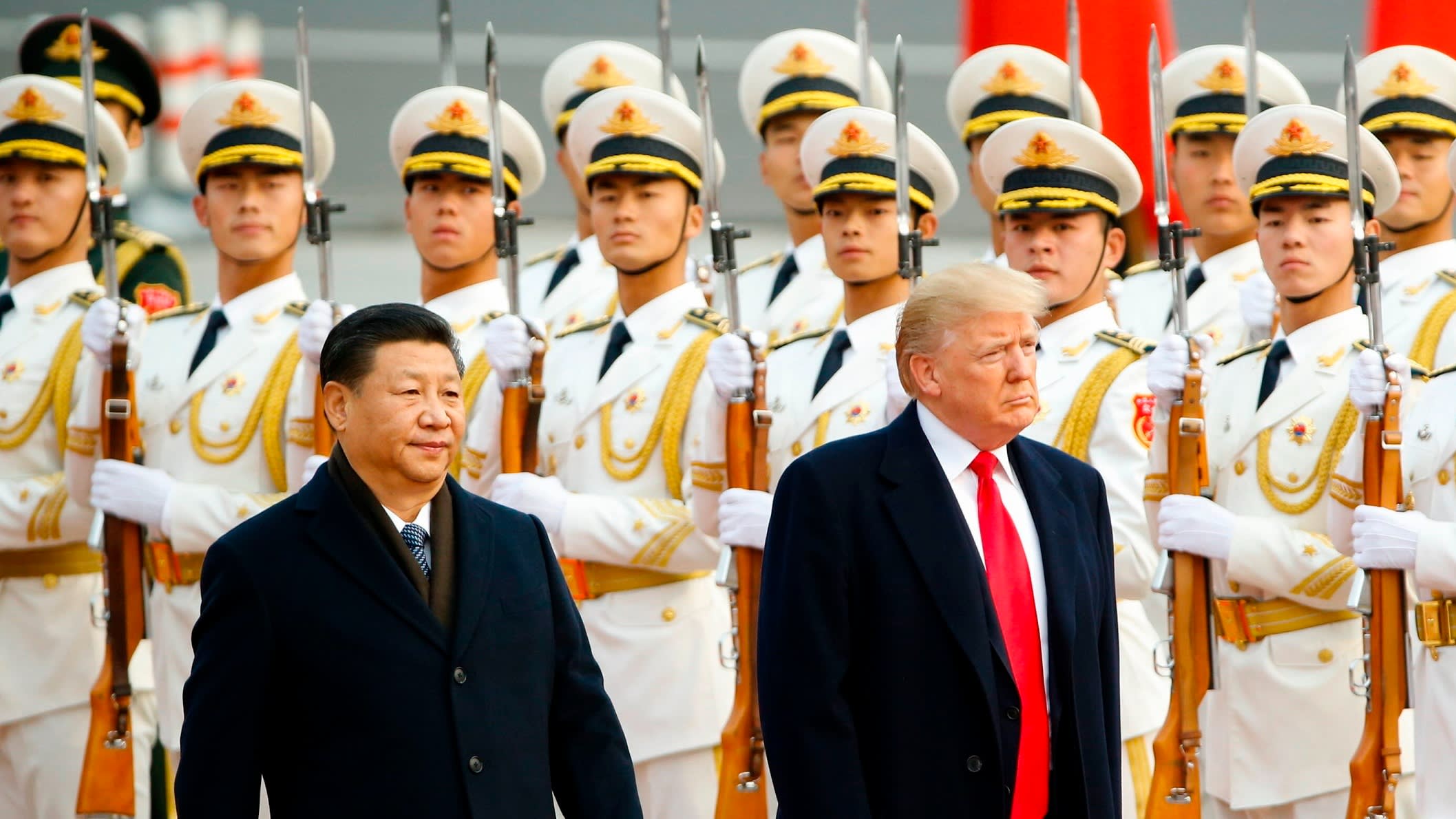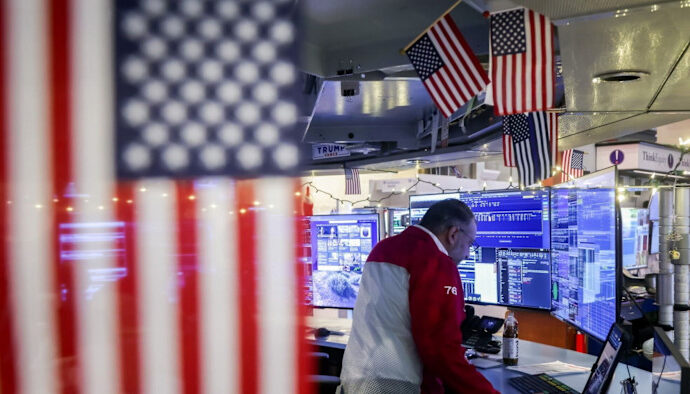
Unlock the White House Watch newsletter for free
Your guide to what Trump’s second term means for Washington, business and the world
The writer is senior fellow in the American Statecraft Program at the Carnegie Endowment for International Peace, a visiting lecturer at Yale Law School and the author of ‘Tomorrow, the World: The Birth of US Global Supremacy’
No one, perhaps not even Donald Trump, knows where US policy towards China is heading. But Trump’s second term has created significant unknowns, whether it’s what US tariff rates will be in a few months or what’s in store for America’s military alliances. There are some new and notable knowns, too — namely Washington’s willing concession of global leadership in clean energy to Beijing, ratified by Trump’s “big, beautiful bill,” which guts US federal efforts to promote renewables. All this should prompt a rethink of the pursuit of full-spectrum rivalry with China that much of official Washington envisions. In the world after Trump, a cold warlike posture will be both less warranted and less feasible.
Trump is damaging the United States’ already tenuous ability to contain China’s global influence as it once did with the Soviet Union. America’s closest allies never wished to form an anti-China bloc before Trump took office. Now he’s offering most of them slimmer benefits at greater risk. US military power retains its appeal for the countries most directly threatened by China, and Trump’s Pentagon intends to bolster US forces in Asia. Yet his tariffs and threats undercut one of America’s key historical advantages: predictable relationships that won’t be upended in a fit of political pique.
If all that remains is cold material calculus, China will fare well. Seventy per cent of countries now conduct more trade — in most cases twice as much — with China than with America. If US-China competition intensifies further, fracturing the world into two separate economic and technological spheres, it may not be clear which side is “containing” the other. Washington should work harder to prevent such a split — and to coexist, not just compete, with China.
Some American observers grasp the problem and prescribe more forward-leaning policies to outmatch China and court partners. But they cannot control US politics, much less global perceptions. Of 100 countries surveyed by the Democracy Perception Index in April, more than three-quarters judge China more favourably than the US. Trump fares worse than either Chinese President Xi Jinping or Russian President Vladimir Putin.
In addition, by the end of Trump’s term in 2029, China will be even more essential in preventing the worst effects of climate change. The Biden administration opted to invest in domestic renewable capacity, while expanding US oil and gas production, rather than decarbonise more rapidly by importing Chinese solar panels, batteries and EVs. But those domestic investments required more time and resources to pay off. Now Trump has eviscerated them and added fossil-fuel incentives to boot. The US will remain a petrostate for the foreseeable future. Green-minded Americans will have to focus innovation on next-generation capabilities, like geothermal energy, that leapfrog Beijing’s many advantages.
Last year the US quadrupled tariffs on Chinese EVs to 100 per cent, in effect banning them. Yet if American carmakers fail to produce affordable EVs comparable to BYD’s, at what point should the costs to consumers and the climate take precedence? Even the Soviet Union partnered with Italian automaker Fiat to design Lada sedans for the Soviet masses. On cars and more, Washington should welcome Chinese firms’ investment in the US by forming joint ventures with US manufacturers, from which everyone would profit.
Yet this will not happen if China is seen as a mortal enemy rather than a competitor and sometime partner. In 2022, a Chinese battery company, Gotion, agreed to build a factory in Big Rapids, Michigan — a small town in a county Trump won with 64 per cent of the vote — promising to bring thousands of well-paid jobs and $2.3bn in investment. But an anti-China backlash among residents is stymying the project. Such sentiment is hardly surprising given the bipartisan messages emanating from Washington that the US must “decouple” or “de-risk” from China. Interdependence creates vulnerabilities, but it can still bring opportunities.
Thankfully, US domestic politics does not require leaders to pose as overzealous China hawks to win. Trump triumphed in 2024 after vowing to save TikTok; Joe Biden and Kamala Harris reaped no discernible benefit from being the most tough-on-China Democrats since the cold war. After all, only one-third of Americans see China as an enemy, and the public ranks avoiding armed conflict as a paramount task. Despite the turn against China over the past decade, the country has never been gripped by cold war-style fervour. Political elites should stop trying to will it into existence.


